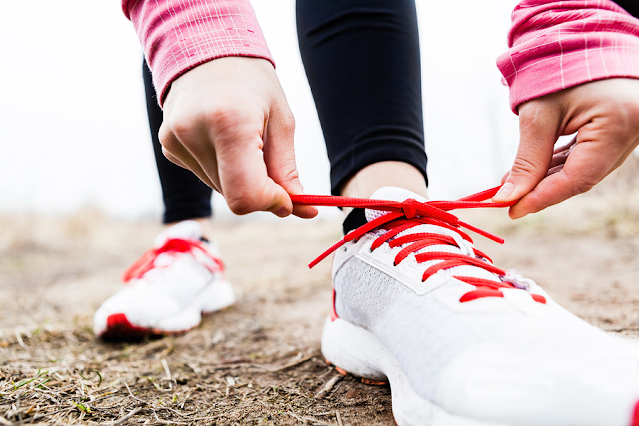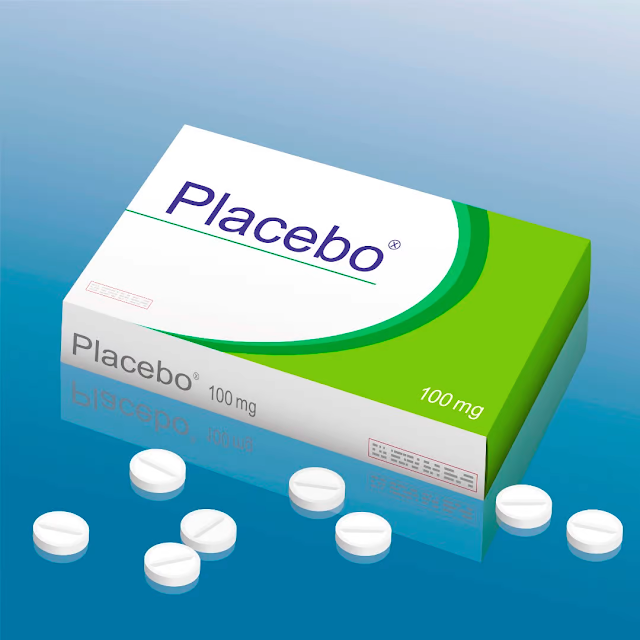How Exercise Can Support Substance Abuse Recovery
By Arianna Escobar, LPCC
Arianna received her M.S. in multicultural
community counseling and social justice education from SDSU (CBB) program. She
has worked with diverse populations including adults, adolescents,
system-involved youth and families, and is passionate about strengthening
clients’ relationships with themselves and increasing their sense of
self-compassion and authenticity in order to live a more fulfilling life.
Substance
abuse recovery
Recovery is
possible! There are many ways to reach recovery, some may choose to go to an
inpatient/outpatient treatment facility, a medical hospital or an outpatient
mental health professional. Some people also choose to recover without clinical
support. Regardless of the route you choose “Recovery always requires changing
behavior, learning new coping skills, and finding new sources of interest.” (Recovery from Addiction | Psychology Today).
Exercise is one of many coping skills that can aid in the recovery process and here is why.
How
exercise can contribute to maintaining recovery
Structure
Having a
structured workout routine throughout the week is a great tool for recovery.
Often people
in recovery discover that they have a lot of free time once they are no longer
using the substance. The structure of a workout plan/scheduled classes can
provide you with something to fill your time.
It can also
be beneficial to plan a workout during times that can be triggering this will
help in making decisions toward continued recovery. For example, if after work
happy hour was the norm, plan a workout after work to avoid the temptation of
using. Planning workouts in the morning can also be helpful as this can prevent
the use of substances the night before to be prepared for the morning workout.
Creating a
goal such as running a 5k can be beneficial due to working out to reach a goal
and feeling that sense of accomplishment.
Community
Building a
community that is supportive and respects the recovery process is very
important. Often times people are working toward recovery and people in their
family/friend group may not support their decisions to be sober and may even
jeopardize recovery by offering substances, this leads to a high chance of
relapse. Group workouts are a great place to make new friends and build
community.
Serotonin
Exercise is
known to increase energy throughout the day and relieve stress by the release
of serotonin. This is especially important for those in recovery as withdrawals
increase stress levels and a lack of energy can lead to greater cravings to use
substances.
Endorphins
and Dopamine
When going
through withdrawals mood swings are common, exercise can help regulate mood
through the release of endorphins and dopamine. 30 minutes of exercise each can
positively impact mood.
Sleep
Sleep is important and especially in the beginning stages of recovery. Studies have shown that 150 minutes of exercise a week can lead to better quality of sleep, improved mood, and better decision making.
If you, or someone you know is experiencing problems with substance use, see the resources below for more information on how to get support:
MiraCosta Student Health Services:
- Individual Counseling & Recovery Support Group
- Oceanside Campus: Room 3326
- San Elijo Campus: Room 917
- Phone: (760) 795-6675
- Email: mccshs@miracosta.edu
- Webpage & contact form: www.miracosta.edu/healthservices
- San Diego County Access &
Crisis Line:
- (888) 724-7240
- https://up2sd.org/
- Operates 24/7
- Call if you are concerned about someone, just need to talk, have questions about how to offer support, or if you are looking for information about community resources, mental health referrals, and alcohol and drug support services.
- Substance Abuse and Mental Health
Services Administration (SAMHSA):
- (800) 662-HELP (4357) or TTY: (800) 487-4889
- Also known as the Treatment Referral Routing Service
- Confidential, free, 24-hour-a-day, 365-day-a-year, information service, in English and Spanish, for individuals and family members facing mental and/or substance use disorders.
- This service provides referrals to local treatment facilities, support groups, and community-based organizations.
- You can also visit the online
treatment locator, or send your zip code via text
message: 435748 (HELP4U) to find help near you
- San Diego Network of Care for
Behavioral Health:
- https://sandiego.networkofcare.org/mh/index.aspx
- This website is a resource for individuals, families and agencies concerned with behavioral health.
- It provides information about behavioral health services, laws, and related news, as well as communication tools and other features.
- Regardless of where you begin your search for assistance with behavioral health issues, the Network of Care helps you find what you need - it helps ensure that there is "No Wrong Door" for those who need services.
- Psychology Today:
- How to Help Someone Who is Addicted https://www.psychologytoday.com/us/basics/addiction/how-help-someone-who-is-addicted#what-if-a-loved-one-refuses-to-get-help
- National Institute on Drug Abuse
(NIDA) Video:
- Why Are Drugs So Hard to Quit? https://www.youtube.com/watch?v=YefKGTu_Xf8
Sources
- Access to a Running Wheel Decreases Cocaine-Primed and Cue-Induced Reinstatement in Male and Female Rats - PMC (nih.gov)
- How Exercise Benefits Addiction Recovery -Gateway Foundation
- Impact of Physical Exercise on Substance Use Disorders: A Meta-Analysis | PLOS ONE
- Can exercise help conquer addiction? - Harvard Health
- Recovery from Addiction | Psychology Today




Comments
Post a Comment